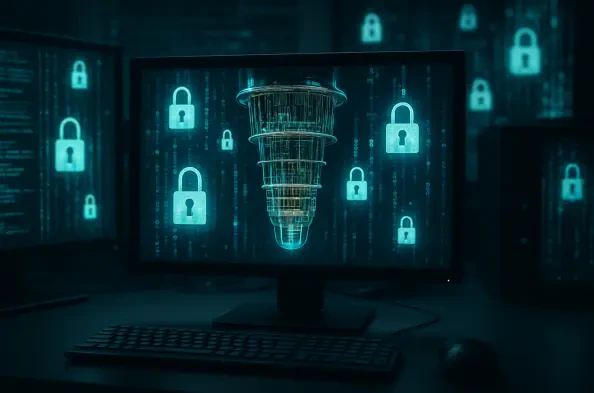I’m thrilled to sit down with Vernon Yai, a renowned data protection expert with a deep focus on privacy protection and data governance. With years of experience in risk management and a passion for pioneering detection and prevention techniques, Vernon is at the forefront of safeguarding sensitive information in an era of rapidly evolving threats. Today, we’ll dive into the critical landscape of post-quantum cryptography (PQC), the urgent need to prepare for quantum computing risks, and the innovative efforts being made to secure our digital future. Our conversation explores the formation of groundbreaking alliances, the challenges organizations face in adopting quantum-safe solutions, and the strategies needed to stay ahead of emerging dangers.
How did the concept of alliances focused on post-quantum cryptography come about, and what drives their mission to protect enterprises?
The idea behind alliances like these stems from a growing realization that no single organization can tackle the quantum threat alone. They often form in collaborative settings, like international meetings or summits, where experts recognize the need for unified solutions. The mission is to provide enterprises with comprehensive tools and services for assessing and migrating to PQC, ensuring their sensitive data remains secure against future quantum attacks. It’s about pooling expertise to create a seamless ecosystem—covering everything from consulting to key management—that can address this complex challenge holistically.
What unique strengths do different organizations bring to the table in such alliances, and how do these collaborations enhance their impact?
Each member of a quantum-safe alliance typically brings a specialized skill set. For instance, some focus on consulting to guide enterprises through transitions, others on secure key generation or lifecycle management, and some on hardware security solutions. These diverse strengths ensure that every aspect of PQC—from strategy to implementation—is covered. Collaborations amplify impact by integrating these capabilities, often building on pre-existing partnerships, which allows for faster development and deployment of robust, compatible solutions.
Why is there such a pressing need to adopt post-quantum cryptography at this moment in time?
The urgency comes from the looming threat quantum computers pose to current encryption methods like RSA. These systems rely on mathematical problems that classical computers struggle to solve, but quantum machines could crack them much faster once they reach sufficient power. While we don’t know the exact timeline, many experts and governments are setting deadlines as early as 2030 for PQC readiness, pushing organizations to act now to protect critical data in sectors like finance and healthcare.
What are some of the biggest hurdles organizations face in preparing for quantum computing risks?
A major hurdle is simply awareness—or lack thereof. Surveys show nearly half of large enterprises aren’t prepared for quantum breaches, and mid-sized organizations are even further behind, with many admitting they’re not ready. Common issues include underestimating the threat, budget constraints, and the sheer complexity of transitioning to new systems. Past cryptographic shifts, like moving to stronger hashing algorithms, took years, so delaying action now could leave organizations vulnerable when the quantum breakthrough happens.
Can you unpack the idea of crypto agility and explain why it’s so vital for staying secure in a quantum future?
Crypto agility is the ability to quickly swap out cryptographic algorithms when needed, ensuring systems remain resilient as threats evolve. It’s vital because current encryption won’t hold up against quantum computers in the long run. Best practices include designing systems with flexibility in mind, regularly updating protocols, and maintaining an inventory of cryptographic assets. Without this adaptability, organizations risk being stuck with outdated, breakable security when stronger, quantum-safe standards become necessary.
How have recent standards and guidelines influenced the momentum behind quantum-safe initiatives?
Recent standards, like those published by the National Institute of Standards and Technology (NIST), have been a game-changer. They provided the first official quantum-resistant cryptography frameworks and clear implementation guidelines, giving organizations a roadmap to follow. This has spurred alliances and companies to accelerate their efforts, as there’s now a benchmark to work toward. Additionally, advisories from global expert groups have highlighted specific risks, like those to financial systems, further driving urgency across industries.
What is your forecast for the adoption of post-quantum cryptography over the next decade?
I believe we’ll see a significant ramp-up in PQC adoption over the next ten years, driven by government mandates and increasing awareness of quantum risks. Large enterprises, especially in regulated sectors like finance and government, will likely lead the way, while mid-sized organizations may lag unless incentivized or supported by broader initiatives. The challenge will be balancing speed with thoroughness—rushing could lead to flawed implementations, but waiting too long risks exposure. Ultimately, I expect PQC to become a standard component of cybersecurity strategies, much like encryption is today, as quantum technology continues to advance.






